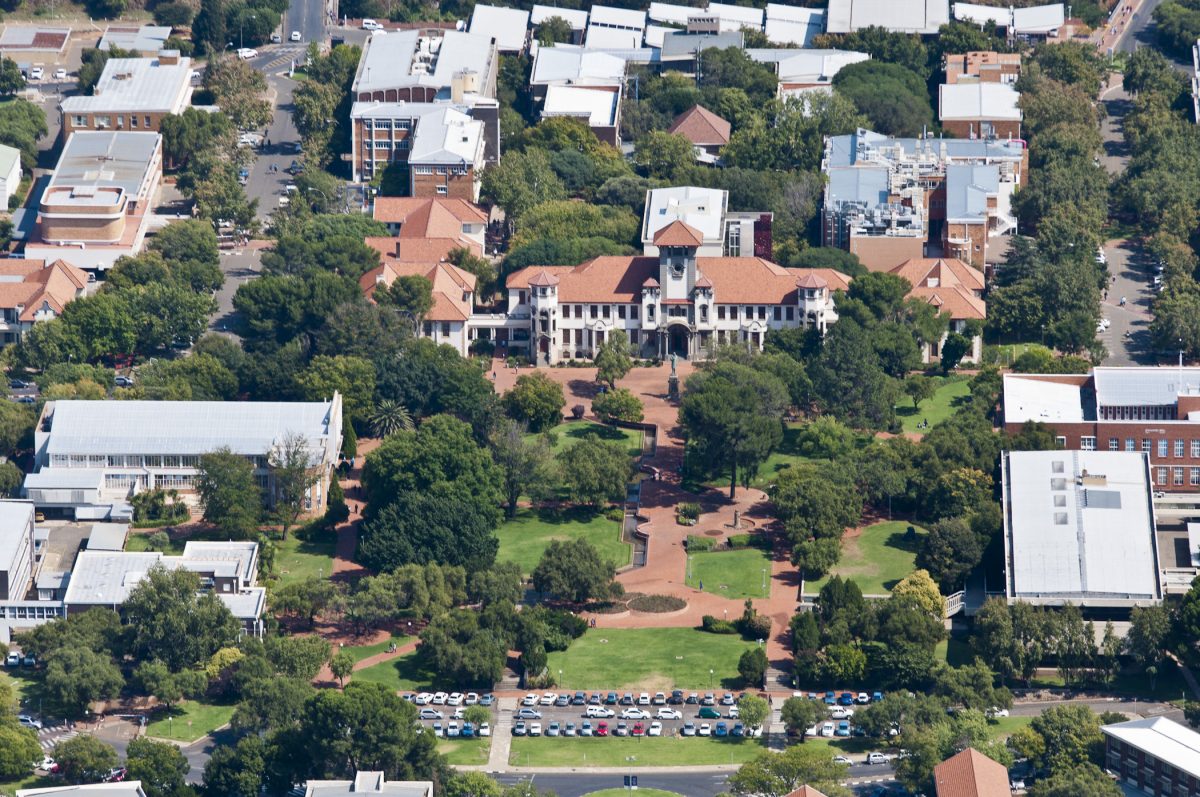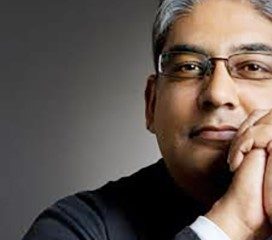
Featured Item

Universities contemplate a changing Middle East
In an age when Israeli tertiary institutions are frequently targets for boycotts, the universities of Haifa and the Free State have bucked the trend and cemented a partnership.
The two universities signed a memorandum of understanding to collaborate closely in 2018. On 14 October, they held a joint webinar to discuss key shifts in the Middle East.
Topics included the prospects of a nuclear-armed Iran, the position of the Palestinians after the Abraham Accords signed between Israel, Bahrain, and the United Arab Emirates (UAE), and China’s military base in the Horn of Africa.
Dr Eben Coetzee from the University of the Free State (UFS) said that Iran could have two functional nuclear weapons within six months following the launch of its first military satellite in June. Factors such as the invasion of Iraq by the United States in 2003, and Israel’s clandestine nuclear policy, had convinced Iran it needed nuclear weapons for deterrence and ultimately regime survival, Coetzee said.
“How dangerous would a nuclear Iran be?” he asked. Coetzee said Iran was unlikely to arm terrorists with a nuclear weapon. International surveillance would surely detect a transfer, and “it would be too unpredictable; you just never know how it would be used”.
In spite of Tehran’s belligerent rhetoric, Coetzee thinks a nuclear attack on Israel is also unlikely. Evidence shows that when near neighbours both have nuclear weapons (such as India and Pakistan), this constrains rather than aggravates their behaviour.
“Use of nuclear weapons would be beyond suicidal in the Middle East, and could destroy both Iran and Israel. I believe the introduction of nuclear weapons in Iran would stabilise the Middle East, to fill the vacuum of an unopposed nuclear Israel.” He admitted this was a dissident view.
Dr Ido Zelkovitz, from the University of Haifa’s Ezri Center for Iran and Persian Gulf Studies, in another discussion, said the Abraham Accords were “a game changer” in an international order primed for these developments. “The Palestinians have worked to create a broad Arab and Muslim alliance against Israel,” Zelkovitz said, “and have asked those states not to normalise ties with Israel until there is a permanent agreement on the Israeli-Palestinian conflict. The UAE and Bahrain agreements mark the collapse of the Palestinian conception of negotiations.”
The accords have prompted yet another attempt at reconciliation between Hamas in Gaza and Fatah in the West Bank. Inconclusive talks took place in Turkey, which forms an anti-Israel axis with Iran and Qatar. Both parties are riven with factionalism and succession battles.
Said Zelkovitz, “The Palestinian movement is at one of its lowest points ever. And it seems the Arab world doesn’t care. As a younger generation takes over in the Gulf, they lack the commitment to the Palestinian issues of their parents. The Palestinians need a new strategy to answer the onset of normalisation.”
The UFS’ Professor Theo Neethling analysed the significance of China’s military base in Djibouti in the Horn of Africa, its first outside Asia. He outlined how the base is used for counter-piracy operations in the Gulf of Aden, intelligence gathering, protecting Chinese citizens in East Africa, peacekeeping operations, and counter-terrorism. He also described China’s footprint in North Africa, especially its ties to Egypt, Algeria, and Morocco, dealing in arms, agriculture, and infrastructure. “The Djibouti base is a Chinese expression of power in the Middle East and North Africa and a springboard for its ambitions,” Neethling said.
Other presenters discussed social media in Iran, Hezbollah, succession in the royal families in Kuwait and Saudi Arabia, contemporary Iraqi conflicts, futures in the Middle East, managing identity politics, and the politics around the Grand Ethiopian Renaissance Dam.
The Haifa-UFS partnership is only set to gain in momentum and significance.








